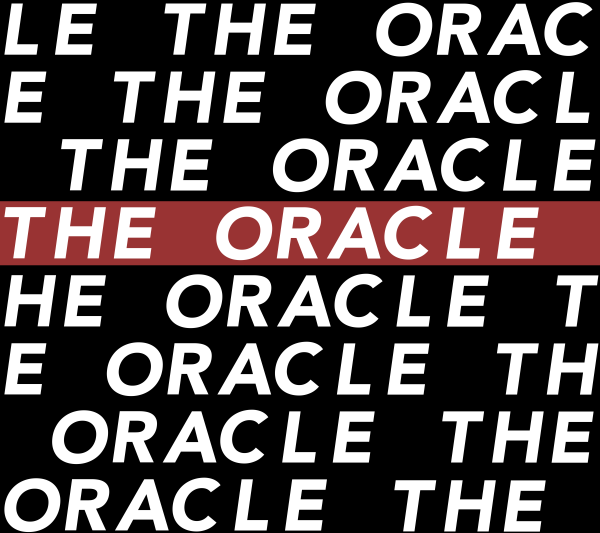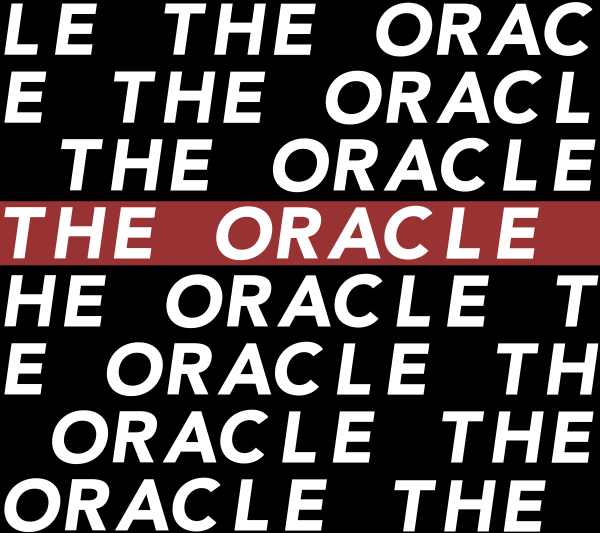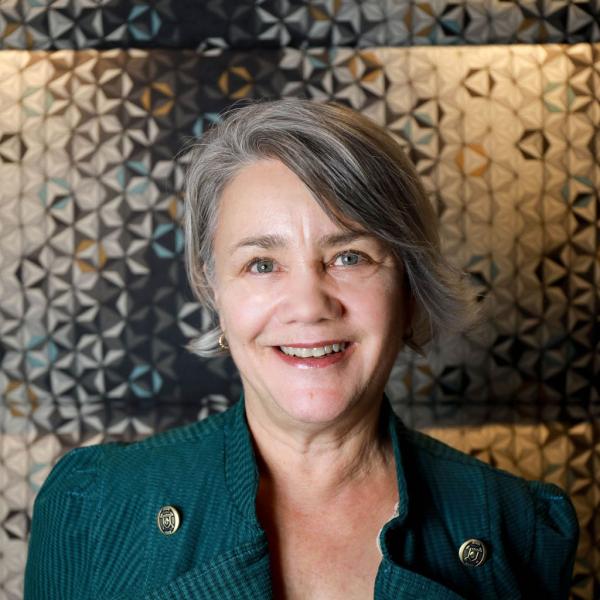Honors Week replaces Honors Day
Changes in award ceremonies allow for more flexible schedules.
Honors Day, a Hamline tradition, has been around since 1967. That tradition has seen changes to its format several times over the years. This year, Honors Day will be changed to Honors Week, and the afternoon program of speeches and gowns will move to a less formalized evening session. In 2002, the celebration was moved from the old ballroom to the Hamline Church and will now be taking place on campus at night in the Anderson Center instead of during the convocation hour. Mike Reynolds, Assistant to the Provost, said, “One of the reasons to do the Honors Week is not just celebrating the achievements, but celebrating the culture of achievement.”
Over the years the event has morphed, according to members of the Honors Day committee Reynolds and Laurie Schwabb—Assistant to the Deans of the College of Liberal Arts. As more awards and achievements were added to the program, it lengthened. Leadership awards have been added, as have some academic and athletic awards. On the other hand, some awards have their own ceremonies, such as the Wesley Leadership Award.
In recent years, the ceremony was a full day’s event, taking place the first Thursday of May. “This presents some problems because there is a lot going on at the school in May,” Schwabb said. “Some professors didn’t like that we were cancelling classes for the day, and it’s a critical time of the school year.” This year, Hamline will not cancel classes for Honors Day because the event will take place in the evening.
Historically, Honors Day was a College of Liberal Arts (CLA) event. “A number of years ago,” Schwabb said, “when the schools of Education and Business were added [both of which have undergraduate students in their programs] the college itself had to reconcile whether or not these different schools should be included with the CLA event.”
According to Reynolds, the flagship event was viewed as being not inclusive enough or overly inclusive. As part of the old ceremony there was an amount of secrecy. Students would be invited to the ceremony but would not know what awards they were getting until their names were called. “In talking to many students who were involved in the processes, students were of two minds about the secrecy,” Reynolds said, “Some showed up and didn’t get the award they thought they were going to get, and got something far less than they had hoped, and so they walked away unhappy.”
“This is the first year that students awards will not be a surprise. They’ll know which award they’re getting. It will be interesting to get the feedback on that—whether students like knowing or not knowing better,” Schwabb said.
Unlike previous years, students will be notified in advance about which award they are receiving. Everyone is going to get a certificate, an embossed print that will include why they have received these awards, and that too will be put up on a PowerPoint signage at the event. Students will also get a token Hamline memorabilia award, and many of the awards are fiscal and so the full grant/scholarship amount awarded will be included as well. “You get better attendance if you can tell people what they are getting,” Reynolds said.
Another part of the changes, Reynolds said, was that students agreed that the lunch—after the ceremony—was their favorite part of the event because they got to sit with their family and the faculty or staff member the student had been working with, and were then able to have some really great conversations about achievement. “It was much more personal,” Reynolds said.
Schwabb mentioned how there wasn’t a lot of time to talk with professors during the Honors Day lunch. “We’re hoping that this new format will allow more of that,” Schwabb said. Also, she said, that the original event was a formal procession with caps and gowns. “It was elegant and ceremonial,” she said, “That’ll be another piece where we wonder, will students miss that?”
In the past, the ceremony had to limit which awards would go into the official ceremony because there was a script, presentations and a time limit. “Now there’s an opportunity to see a lot more achievements that could fit into the existing two and half hours,” Reynolds said.
Reynolds said that the change from a day event to a week long event should include the whole sphere of undergraduate events and awards, CLA, education, business, leadership and athletics to name a few. “The idea is to try and build a broader way to recognize student achievement,” Reynolds said. “Could we re-imagine that flagship event? But also, could we double down and re-affirm all those satellite events?”
According to Schwabb and Reynolds, the provost will still speak, but the speeches part will much more brief. While student achievements are showcased on the PowerPoint throughout the event, students will be able to mingle and talk with professors and donors. One hope is that parents will be more involved. “Parents are being invited and may be traveling a great distance. It might be easier for parents to make it to a six o’clock reception as opposed to a ten-thirty reception,” Schwabb said.
“We hope, after this year’s event, to take a much more in-depth look at what awards are being offered and whether or not they should be offered as part of the Honors Day event,” Schwabb said.
“Not all awards will be recognized at the Honors Ceremony. So those that fall outside the ‘Honors’ group may have their own awards ceremony,” Schwabb said. For instance, the athletics awards ceremony have typically been held on the Sunday of Honors Week.
Reynold said that because Honors Day was a full day and classes were cancelled, many of the satellite awards groups tried to fit in their Honors event on that day. “But now, we can spread those awards out a little more,” he said. “It will help different departments choose better when they want to hold their own ceremonies.”
Changing the event from a single ceremony in the early afternoon to a dinner and many satellite events over the week, Reynolds said is “like a wedding. You can invite everybody to the ceremony.”
Schwabb said, “We didn’t want to change everything at once. Once we see how things go, we’ll know how to better adapt the event to get the most satisfaction out of students and faculty.”
Although the structure is changing, Reynolds is still looking forward the annual event. “One way or the other, I love the opportunity to celebrate and connect with our students and faculty.”





